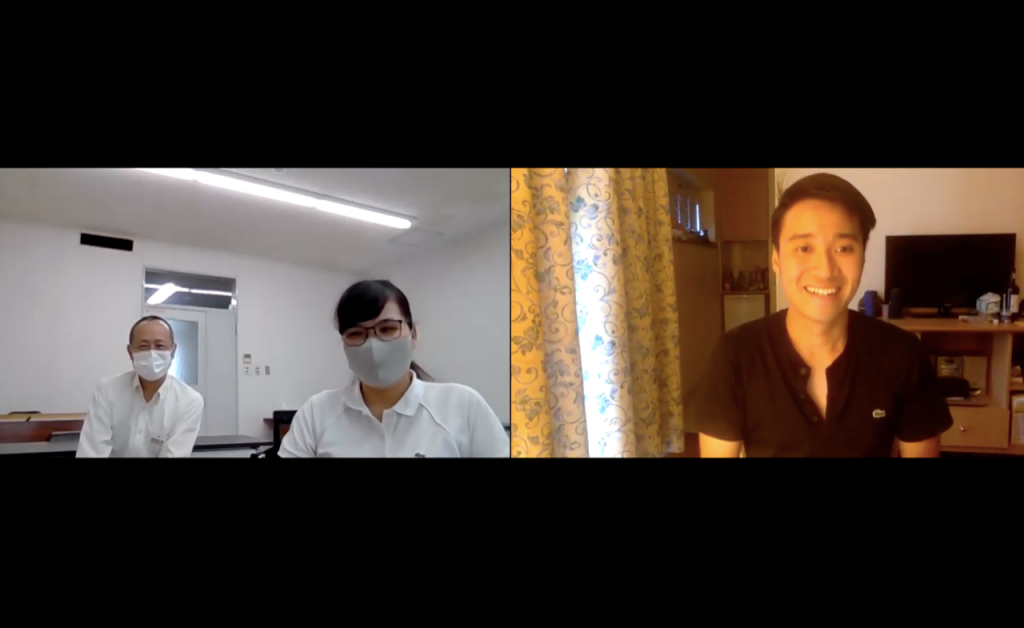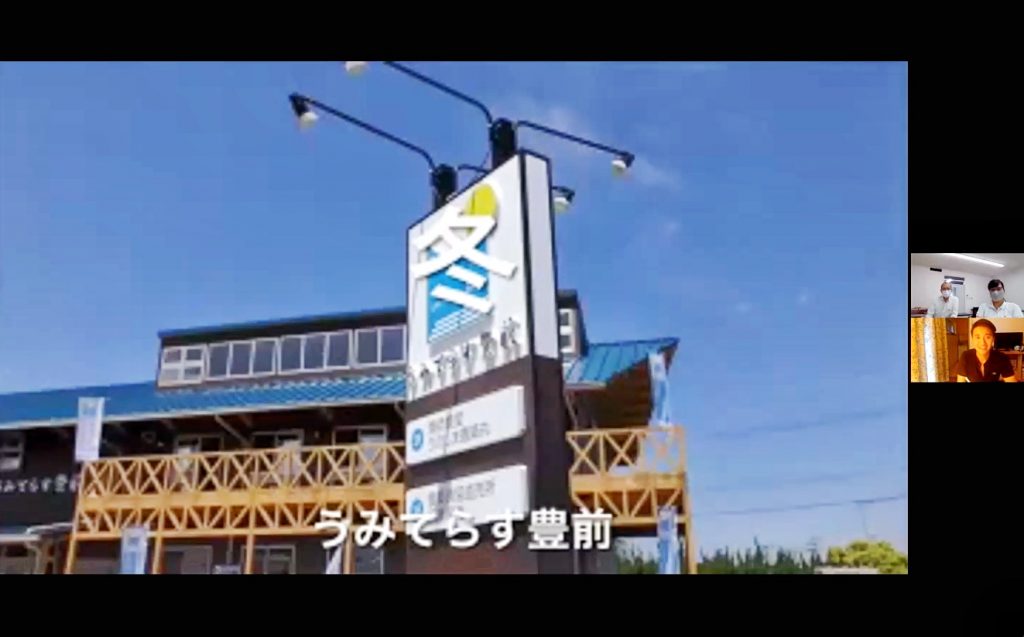By Tu Thanh Ngo (Frank Tu)
The consequences of declining birth rates and population ageing in rural Japan are significant. Accepting more foreign talents to rural areas has been one of the strategies that have been proposed in the Comprehensive Strategy for Communities, People and Work (Machi, hito, shigoto sōsei sōgō senryaku), the first holistic policy package for regional revitalization in Japan. More specifically, the national version of the Comprehensive Strategy directly puts forth that municipalities should accept foreign members to join the Chiiki okoshi kyōryokutai (Community building support staff program). In line with this strategy, earlier this year, Ngo Thi Nhung, a Vietnamese graduate from Kyūshū Sangyō University was accepted as the first foreign member of the Chiiki okoshi kyōryokutai in the city of Buzen. The acceptance of Nhung was widely reported by news outlets such as Asahi Shinbun and Nishi Nippon Shinbun [1].
Interested to find out what she does at work, I contacted her and got an opportunity to do an online interview with Nhung and the head of Buzen’s Sōgō seisakuka [Comprehensive planning department] on September 01, 2021. Nhung explained to me that she has been living in Japan for 8 years and deliberately chose to move to Buzen after finishing her master’s degree in Fukuoka City this year. Joining the Chiiki okoshi kyōryokutai, Nhung currently works as a coordinator for tabunka kyōsei (multiculturalism) for Buzen City. In particular, her tasks involve translating pamphlets, organizing cultural exchange events, disseminating information, and supporting foreigners who live in Buzen. Throughout the interview, Nhung repeatedly stated that she wants to connect foreigners and locals in Buzen, and this is also where she believes her role in rural revitalization lies.

Copyright © Tu Thanh Ngo 2021
Why is there a need to bring foreign and local residents closer together in a small rural city like Buzen? The head of Buzen’s Sōgō seisakuka explained that one of Buzen’s main strategies to counter its declining labor force is to attract international workers, who account for 1.5% of Buzen’s population. The majority of foreigners living in Buzen are young ginō jisshūsei (technical intern trainees), who are not yet used to the Japanese culture and have limited Japanese proficiency. For this reason, Buzen seeks to conduct activities to help foreigners integrate, i.e. by holding Japanese language courses, or explaining the rules for transportation and waste disposal to them. The head of Buzen’s Sōgō seisakuka also stated that he believes that young foreigners can play an important role in maintaining Buzen’s vitality, community life, events, and festivals. For this reason, he hopes that more foreigners will come to the city in the future. He also shared with me that Buzen had just recently concluded a partnership with the Taiwanese Consulate General to attract students from Taiwan, and that the city is currently exploring ways to proceed with the new partnership.

Copyright © Tu Thanh Ngo 2021
The interview with Ngo Thi Nhung and the head of Buzen’s Sōgō seisakuka, as well as the employment of Nhung as a publicly financed COKT member gave me the first impression that Buzen City has a positive view of foreigners’ role in rural revitalization. As for Nhung, she clearly asserted that she was motivated to contribute to Buzen’s revitalization efforts and had been receiving plenty of support from her colleagues. However, she also added that although she had not encountered any problems thus far, there might be challenges ahead. Hence, I really look forward to following up on her once we can go to Buzen for our upcoming fieldwork to see whether things will have changed by then.
[1]
Hamaguchi, T. (2021) ‘Buzen-shi kyōryokutai’in ni betonamujin josei “Dare mo ga tanoshiku kuraseru kankyō o”’, Nishi Nippon Shinbun. Available at: https://www.nishinippon.co.jp/item/n/741949/ (Accessed: 15 August 2021).
Ōra, M. (2021) ‘Buzen-shi, Chiiki okoshi Kyōryokutai ni betonamujin tabunka kyōsei ninau’, Asahi Shinbun. Available at: https://www.asahi.com/articles/ASP45736PP42TLLS001.html (Accessed: 15 August 2021).
